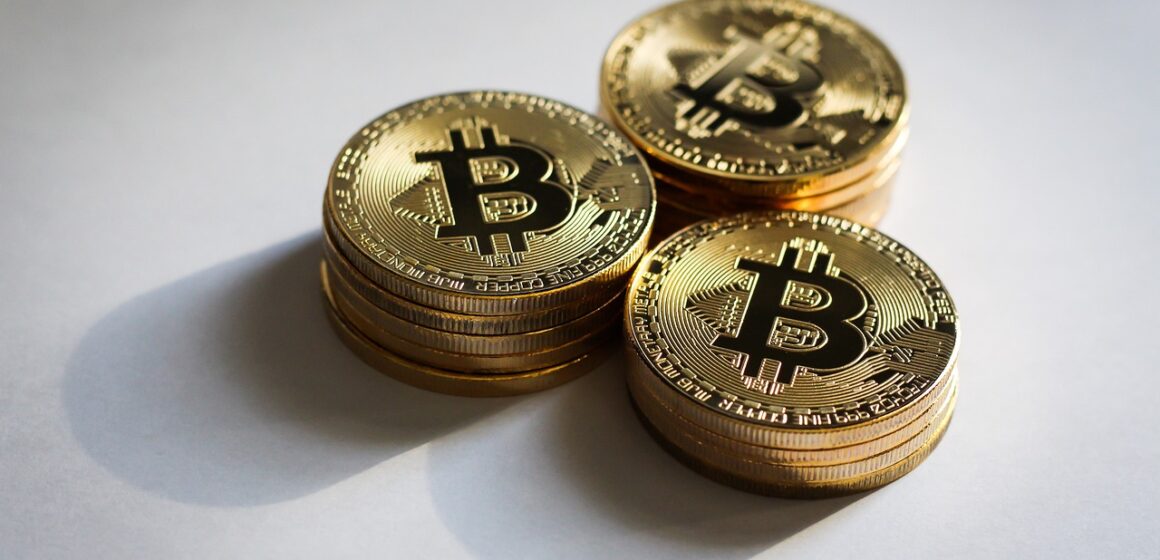Digital currencies seem like a natural progression in the advancement of technology in recent years. As everything moves more and more towards digitized spheres, it makes sense that digital currencies should eventually become a part of that. No one could have predicted the exact form they would take.
Now, though, we have fully fledged digital cryptocurrencies. For gambling, this has huge implications—so today, we’re going to consider whether they might embody the future of the whole industry.
Let’s get started!
Privacy and anonymity
If there is one thing that most of us are concerned about in the modern digital world it’s security and privacy. Across the whole world, around 41% of companies have thousands of files containing information like credit cards and bank details that are effectively unprotected.
Gambling is, by its nature, a financial activity. We have to offer up plenty of sensitive information in order to be able to gamble. Credit cards, bank details—all of this is potentially at risk with traditional currencies.
Unless some effort is made to address this problem, then it seems as though digital currencies will be what does it. In this case, it’s clear to see why it would be an advantage to everyone if the whole industry moved towards digital currencies.
Cyber security is one thing we are all concerned about. But as things get faster and faster, we are also concerned with efficiency and speed.
Efficiency
Banks and payment facilitators like VISA handle a lot of transactions per day. VISA can handle anywhere up to 500 million on an average day. While they do many more than digital currencies currently do, and have been for a lot longer, they still are not generally faster or more efficient than digital currencies.
Some payments and transactions with banks can be delayed by days or even weeks. Digital currencies do not, by and large, suffer from this problem. Transactions take minutes on average, and are generally not even affected by the size of the transactions.
But it’s not just the issue of speed. Modern banking and transaction methods also tend to incur transaction fees of all kinds. Digital currencies do of course have transaction fees, but they are far lower. On one very high Bitcoin transaction of around $19 million USD, the fee was less than $1.
Speed and lower transaction fees mean overall better efficiency for operators and consumers. With faster methods for deposits and withdrawals (instant according to Coin Casinos), gambling will become smoother and easier than ever.
Fairness
Digital currencies are not regulated by a central authority. They do not answer to a bank or a government, and so are in a very real sense controlled by the people that use them. This has huge implications for the gambling industry, particularly around fairness.
Crypto casinos have been shown to have far lower house edges than traditional casinos and betting sites. While you may wonder what reason the operators would have to adopt digital currencies if this is the case, they will have no choice if there is a mass migration of their customers towards this.
Where the average casino edge can be as high as 10%, it can be as low as 0.3% in digital currency casinos. This will be beneficial to both the operator and the bettor, too. It will expand the market, making it less daunting for new potential bettors to start playing.
Convenience
A lot of what we’ve talked about here could be summed up in that one word: convenience. Banks are ultimately for-profit organisations, and their end goal is to make money for a centralised organisation. Digital currencies are maintained by users, and so the end goal is always going to be accessibility.
You don’t need to have a bank account, just a digital wallet. You will never need to go to a physical place to make any sort of changes to your account.
As digital currencies become more widely adopted by casinos and operators, the site itself could act as your wallet. You just transfer funds directly in them from your own wallet or exchange with no middleman.
Again, if traditional methods cannot find a way to compete with this kind of convenience, digital currencies will leave them behind.
It’s plain to see that digital currencies are going to play some role in the future of the gambling industry. Whatever the scale of that role may be, it is plainly going to be there. Digital currencies are faster, more efficient, they provide massively improved fairness and transparency, while at the same time doing a better job of protecting your private information.
Whatever the scale of digital currency’s role in gambling’s future, it’s going to be there in some form or another. For my money, digital currency is going to be the future of the gambling industry.
Support Zerocrypted
- Trade on Bitmex
- Trade on Binance Jersey
Subscribe to our Newsletter to be a part of our future $1,000 per month contests.


